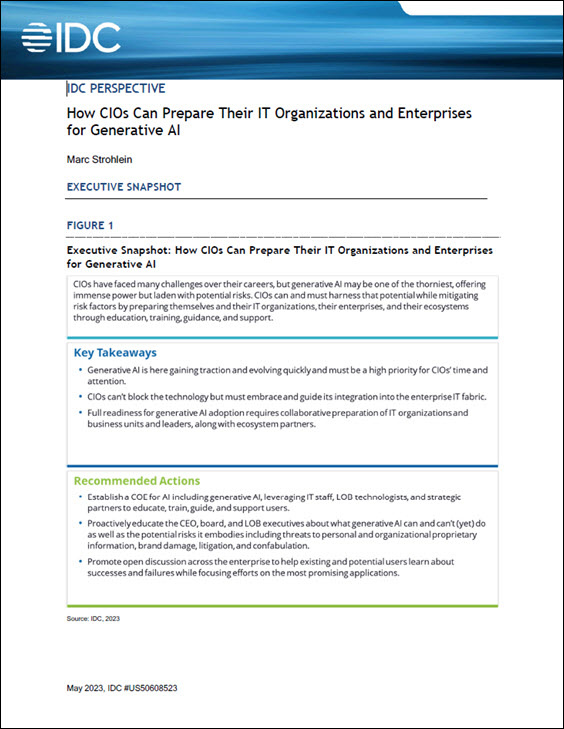 A new research institute at UCLA may eventually provide doctors with tools to more accurately tailor medicines for individual patients, which could both improve quality of care and minimize the side effects associated with today’s medicine.
A new research institute at UCLA may eventually provide doctors with tools to more accurately tailor medicines for individual patients, which could both improve quality of care and minimize the side effects associated with today’s medicine.
The Institute for Quantitative and Computational Biosciences will employ multidisciplinary research to study how molecules and genes interact. Its goal: unlocking the biological basis of health and disease by tapping the power of big data and computational modeling.
UCLA’s Institute for Quantitative and Computational Biosciences will have a major, positive impact on human health,” said UCLA Chancellor Gene Block. “It will engage exceptional faculty from the life sciences and physical sciences, and our David Geffen School of Medicine and Henry Samueli School of Engineering and Applied Science to ensure that UCLA is at the forefront of research that will help usher in a new era of personalized health care, and to transform research and education in the biosciences.”
The institute is led by Alexander Hoffmann, professor of microbiology, immunology and molecular genetics in the UCLA College, whose research aims to understand how our genes interact to ensure health or produce disease — and the roles played by such factors as food, environmental stresses, infectious agents and pharmaceuticals. Among the diseases for which Hoffmann’s research may lead to significant progress are cancer and immune disorders, because they are caused by errors in cellular decision-making.
Hoffmann says that biology’s million-dollar question is how genes and environment interact to ensure health or cause disease, he said. As UCLA researchers work to answer that question, they will collaborate with UCLA mathematicians who will create mathematical models that help them make sense of a tsunami of biological data.
Biology is entering a new phase,” Hoffmann said. “So far, biology has been much less math-based than the other sciences. Since the sequencing of the human genome in the early 2000s, there has been an irreversible change in the way biology and biomedical research are being done. At UCLA, we will lead research in that direction and connect basic and applied sciences in an unprecedentedly productive collaboration.”
Sign up for the free insideAI News newsletter.



